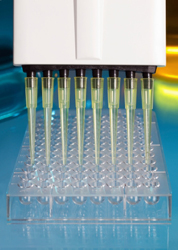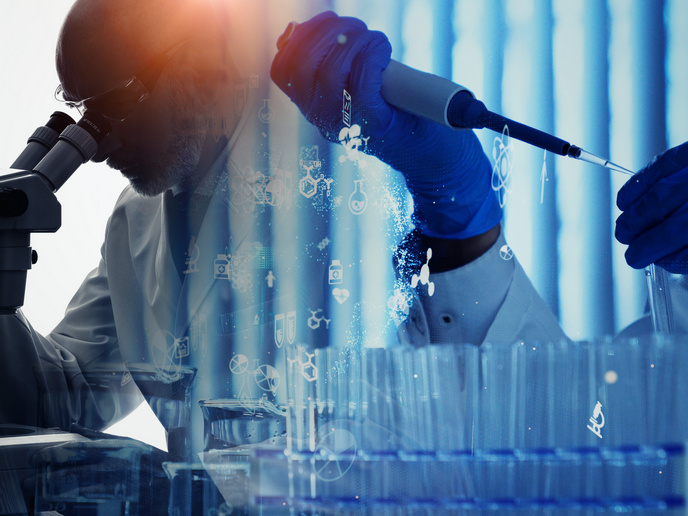New insight into single cell biochemistry
Recent research has led to the development of microarrays for a mass spectrometry (MAMS) system for single-cell–level analysis. The EU-supported DISC-MS project members have successfully validated this technique on the unicellular eukaryotic model organism Saccharomyces cerevisiae. The analytical methodology and the biological information obtained were validated by monitoring cell responses to environmental and genetic modifications. The pilot-study carried out by DISC-MS members on S. cerevisiae revealed that phenotypic differences corresponded with varying fructose-1,6-biphosphate (F16BP) levels in cells. F16BP is a metabolite that is believed to exert a protective effect in cases of ischaemic injury (lack of blood supply). Highly successful project outcomes resulted in three peer-reviewed publications and the establishment of an independent research project for one of the members. Results available on the project website(opens in new window) and have been presented at major conferences and workshops. Further research can now be carried out using this validated MAMS platform for studying the metabolomics in single cells and other organisms. For the first time ever, cell–cell metabolome variation can be assessed to identify attributes that enhance adaptability and robustness. This technique will also make it possible to create more accurate biological models to assess drug-resistant phenotypes based on metabolic activity. This cutting-edge technique will place the EU ahead in the biotechnology sector, particularly in the single-cell metabolomics arena.







